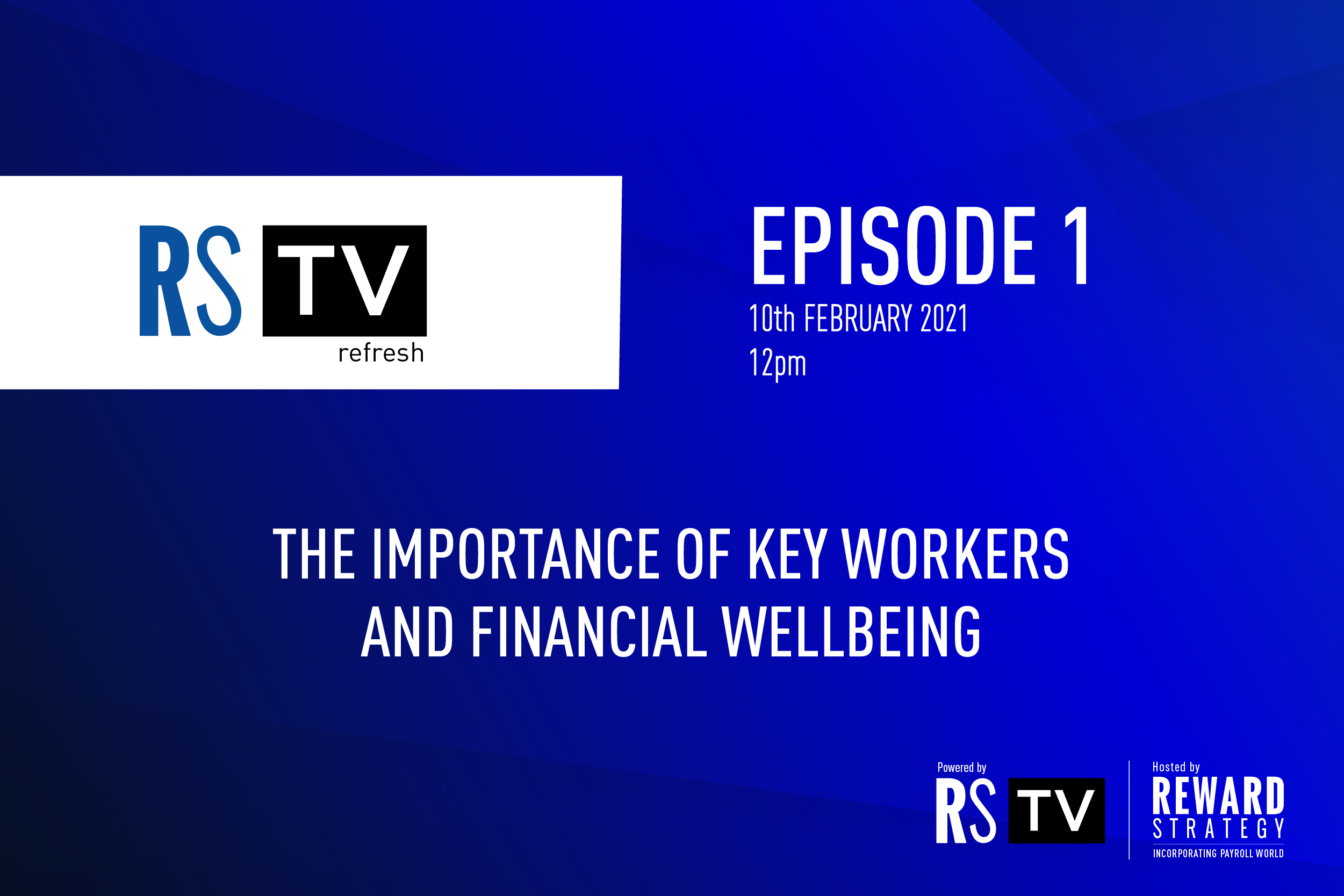Intelligence, community and recognition for pay and reward professionals.
Workplace inequality – employers watch out
On 26 October 2017, the Office for National Statistics (ONS) published its annual survey of hours and earnings (ASHE) gender pay gap tables. These are calculated based on a snapshot of earnings in April each year. The complicated UK-wide statistics showed the following gender pay gap trends for 2017, where a positive figure represents women being paid less than men...

 Ian Holloway
Ian HollowayOn 26 October 2017, the Office for National Statistics (ONS) published its annual survey of hours and earnings (ASHE) gender pay gap tables. These are calculated based on a snapshot of earnings in April each year. The complicated UK-wide statistics showed the following gender pay gap trends for 2017, where a positive figure represents women being paid less than men:
- Overall gap increased from 18.2% in 2016 to 18.4%.
- Full-time gap decreased from 9.4% in 2016 to 9.1%.
- Part-time gap decreased from -6.1% in April 2016 to -5.1%.
At first sight, the more the gaps move closer to zero (indicating no difference in men’s pay compared to women’s) you would have thought the overall gap would also decrease. However, this is not replicated due to the fact that there has been an increase in the proportion of employees working full-time versus part-time.
So it’s complicated.
What is not complicated is the UK government’s 28 October 2017 response to the publication of these figures. Prime minister Theresa May announced a “new drive” to bring the overall pay gap to zero. Mrs May said: “The gender pay gap isn’t going to close on its own – we all need to be taking sustained action to make sure we address this.”
What action could this be? The Women’s Business Council will be advising the prime minister on a number of issues and making recommendations which will have a direct impact on employers:
- Advertising all jobs as flexible from day one, unless there is a sound business reason that such flexibility should not exist in the role.
- Improving the workplace progression pipeline for women to ensure there is more female representation at management level
- Improving and offering ‘return-to-work’ schemes (often used by women but not totally).
- Encouraging more companies to publish their gender pay gap information, including those with fewer than 250 employees (private and voluntary sectors in Great Britain and public sector in England).
Returning to complicated
The above is all very commendable and responsible and could help address pay and workplace inequalities, which should not exist at an organisation anyway.
As to whether it is practical and workable, well, that is another issue altogether. The UK government may make recommendations and have ‘drives’, but this really needs to formulated by consultation and legislation to back it up.
Further, we are talking about a complex and tangled employment legislation structure here that needs to be untangled and simplified so employers know where they really are. For example:
- Employment law is devolved to Northern Ireland, so what happens in Great Britain may or may not happen there. A real life demonstration of this is the fact that there is no gender pay gap legislation there (for private and voluntary sector employers).
- Public sector administration is devolved. Already we have the situation where gender pay gap legislation is different for public sector bodies in England compared to what happens in the devolved administrations.
And let’s not even attempt to discuss the fact that devolution has broken down in Northern Ireland at the moment!
The wholly admirable aim to reduce UK workplace gender inequality really does have the all the signs of being a horrendously confusing situation for employers and we need to keep a careful watch on developments here.






